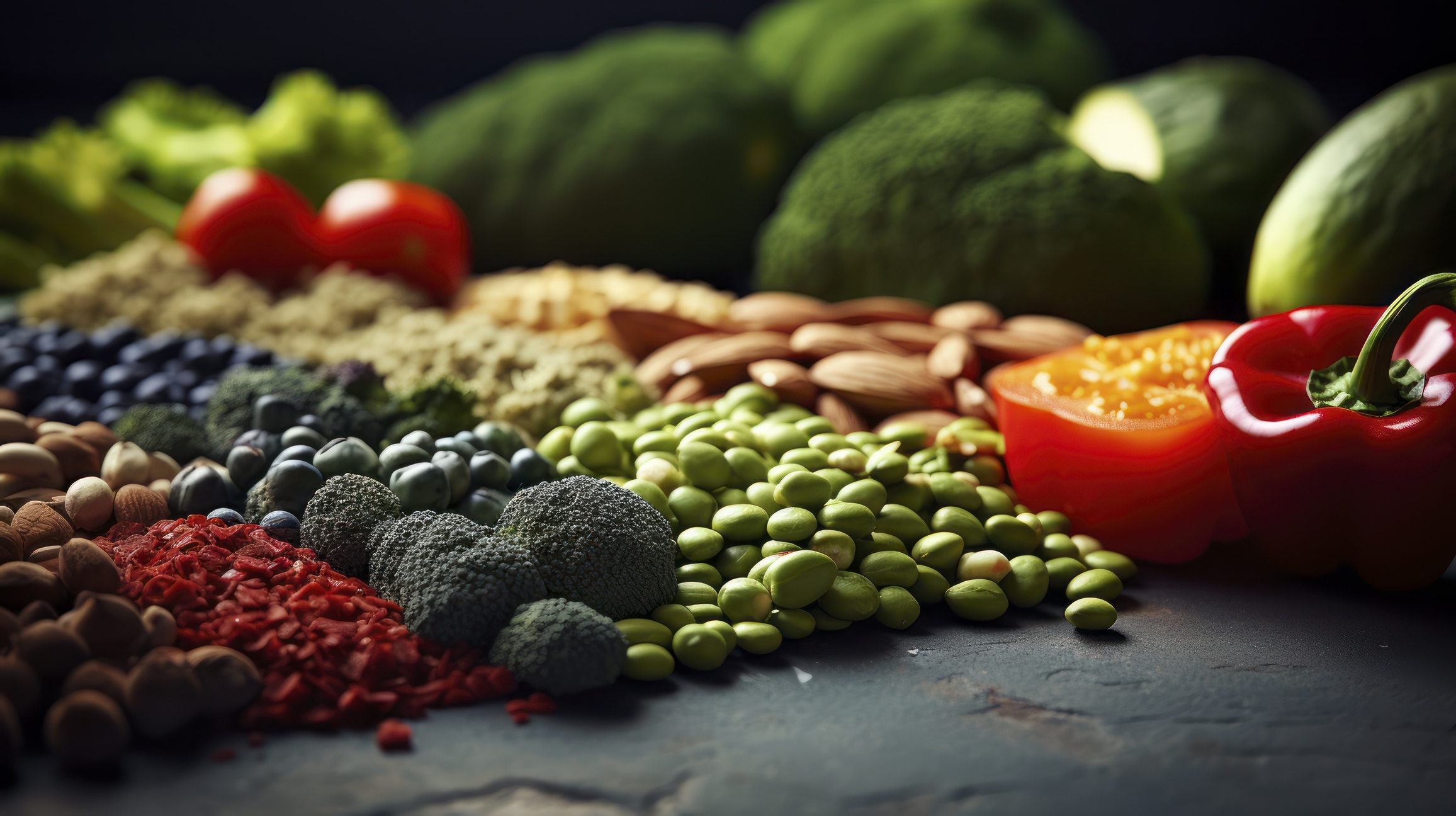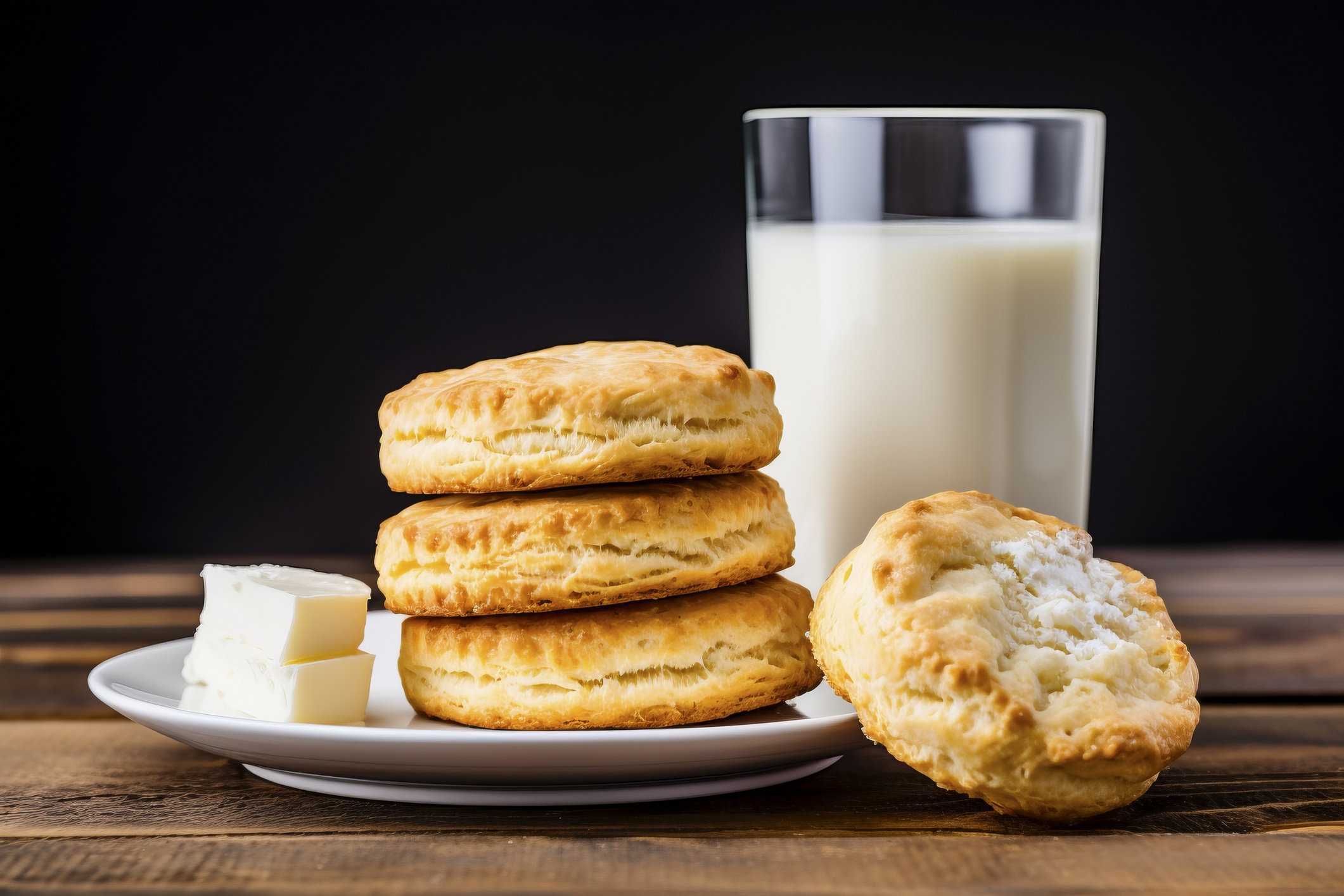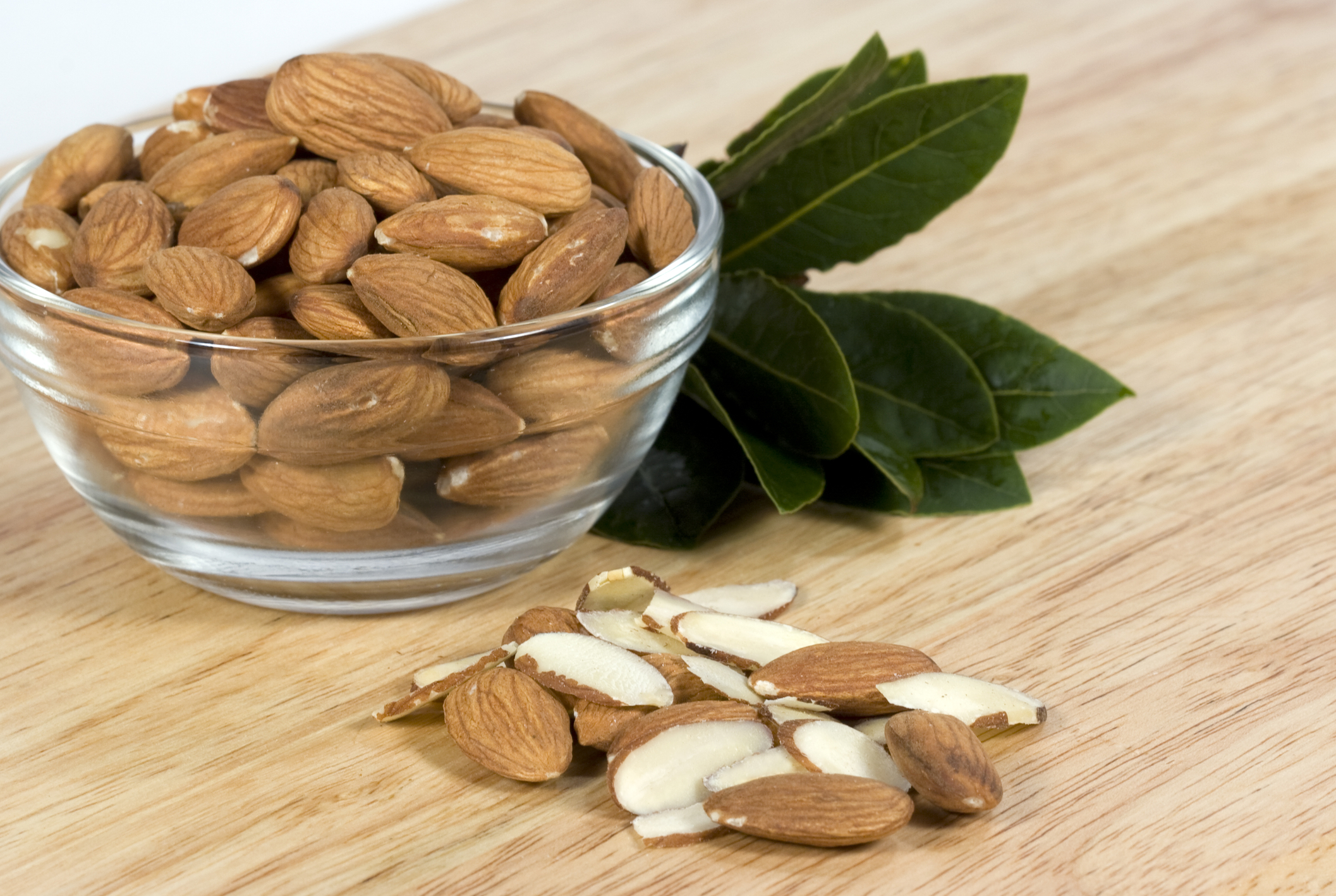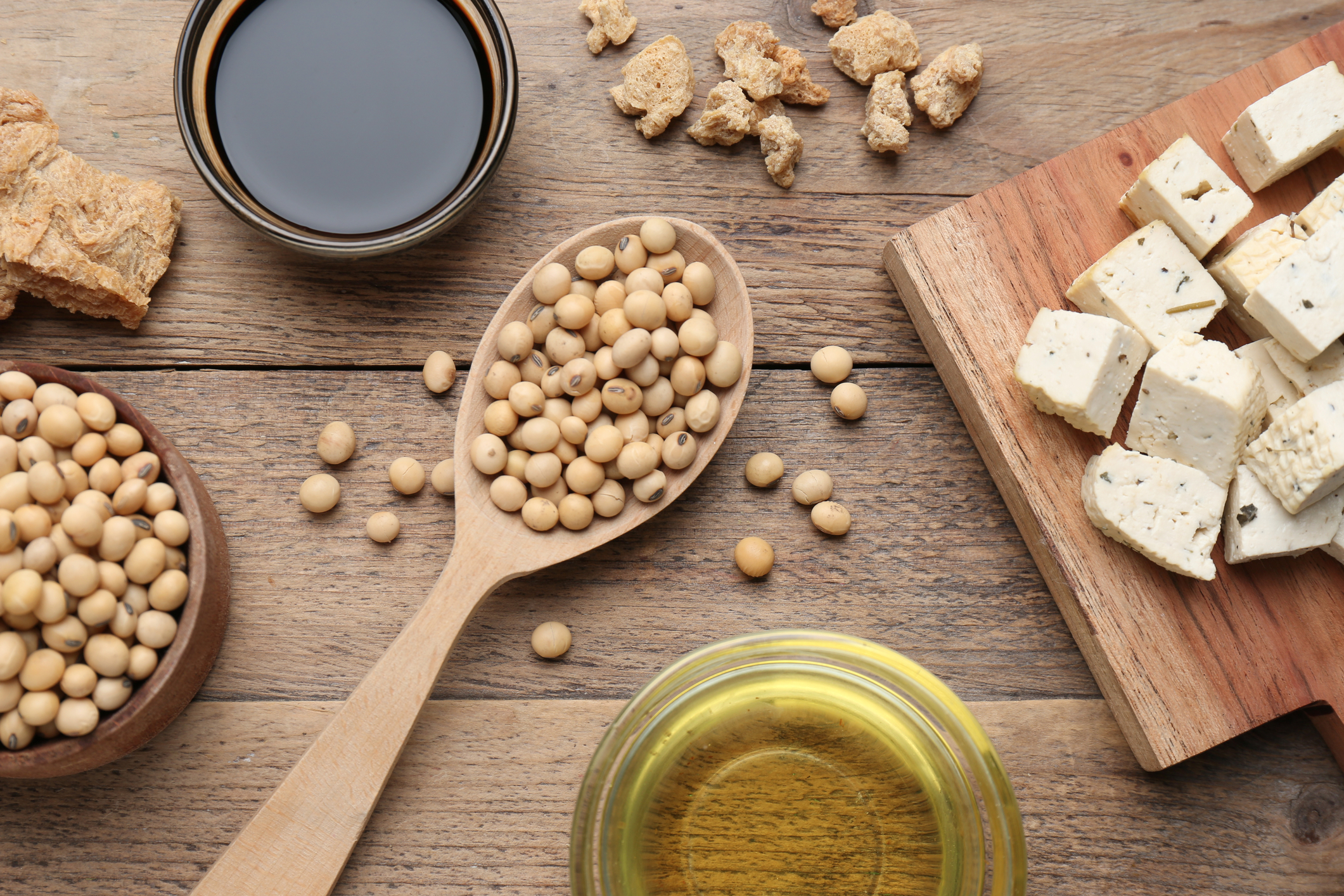Top Five Protein-Packed Foods to Supercharge Your Health
Lean meats such as chicken, turkey, and fish are nutrient powerhouses, boasting an impressive array of essential vitamins, minerals, and yes, proteins! For example, a three-ounce serving of chicken breast delivers approximately 26 grams of protein. Moreover, lean meats have relatively low-fat content, contributing positively to dietary balances.
A regular intake of lean meats enhances muscle growth and aids in the repair of body tissues. Additionally, protein from meats takes longer to digest, promoting feelings of satiety and helping in weight management. One should aim to incorporate lean meats into their diet in moderation, coupled with regular exercise, for a holistic health boost.
Plant Proteins: Nature's Gift

Do not underestimate the protein power of plant-based foods. Legumes, including lentils, chickpeas, and peas, offer not only substantial amounts of protein but also fiber and complex carbohydrates, making them a well-rounded choice. A cup of cooked lentils, for example, provides about 18 grams of protein.
The benefits of plant proteins are further reinforced by their ability to offer a variety of other nutrients like iron, zinc, and folate. Incorporating these into your diet also reduces the intake of saturated fats found in some meats, contributing to better heart health.
Dairy Delights: Protein-Enriched Foods

The benefits of dairy products go beyond bone health. Milk, cheese, and especially yogurt are excellent sources of protein. Greek yogurt stands out, offering about 15-20 grams of protein per 6 ounces serving, significantly more than regular yogurt.
Beyond protein, these foods also provide vital nutrients like calcium, vitamin D, and probiotics, promoting overall health. Lactose tolerant individuals can relish dairy products freely while others can opt for lactose-free versions.
Seeds and Nuts: Small But Mighty Protein Providers

Seeds and nuts might be small in size, but they pack a significant protein punch. Almonds, for instance, contain nearly 6 grams of protein per ounce, along with healthy fats and fiber. Chia seeds and flaxseeds too provide a good dose of protein along with omega-3 fatty acids.
These small powerhouses can be seamlessly added to your daily dietary routines, like sprinkling them on salads, mixing into yogurt or blending in smoothies. Regular consumption contributes to increased nutrient density of meals.
Eggs: A Complete Package

Eggs are a wholesome food and an efficient protein source especially when you consume the whole egg, and not just the white. One large egg provides around 6 grams of protein along with vital nutrients like vitamin B12, selenium, choline, and more.
Eggs are versatile and can be enjoyed in a myriad of ways - boiled, scrambled, or poached. Include them in your diet for a cost-effective protein source, facilitate muscle health, greater satiety, balanced blood sugar levels, and overall health promotion.
Soy Products: Plant Powered Protein

Soy is a plant-based complete protein, meaning it contains all nine essential amino acids that the body can't produce on its own. Foods like tofu, edamame, and tempeh come loaded with proteins. A 3-ounce serving of tofu provides about 8 grams of protein, for example.
Soy can be a healthy addition to your diet, providing not only protein but also a rich source of fiber, vitamins, and minerals. Soy foods also contain phytochemicals, compounds that may help protect against certain types of cancer and other diseases. Incorporating soy products can provide diverse protein sources, especially benefiting vegetarians and vegans.